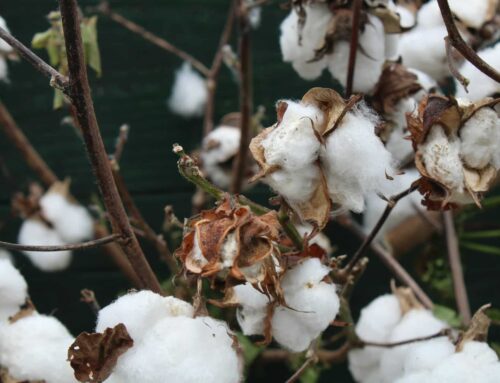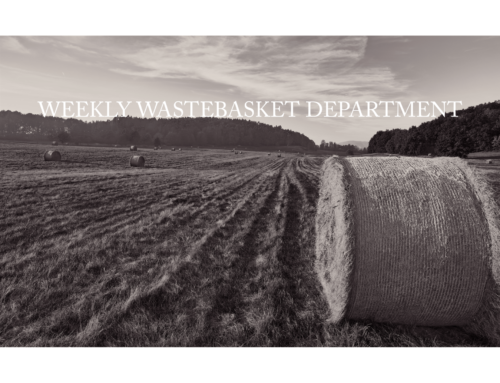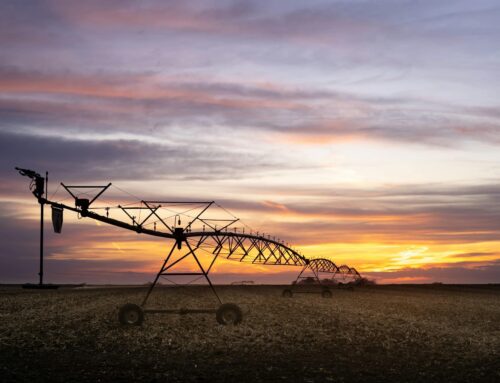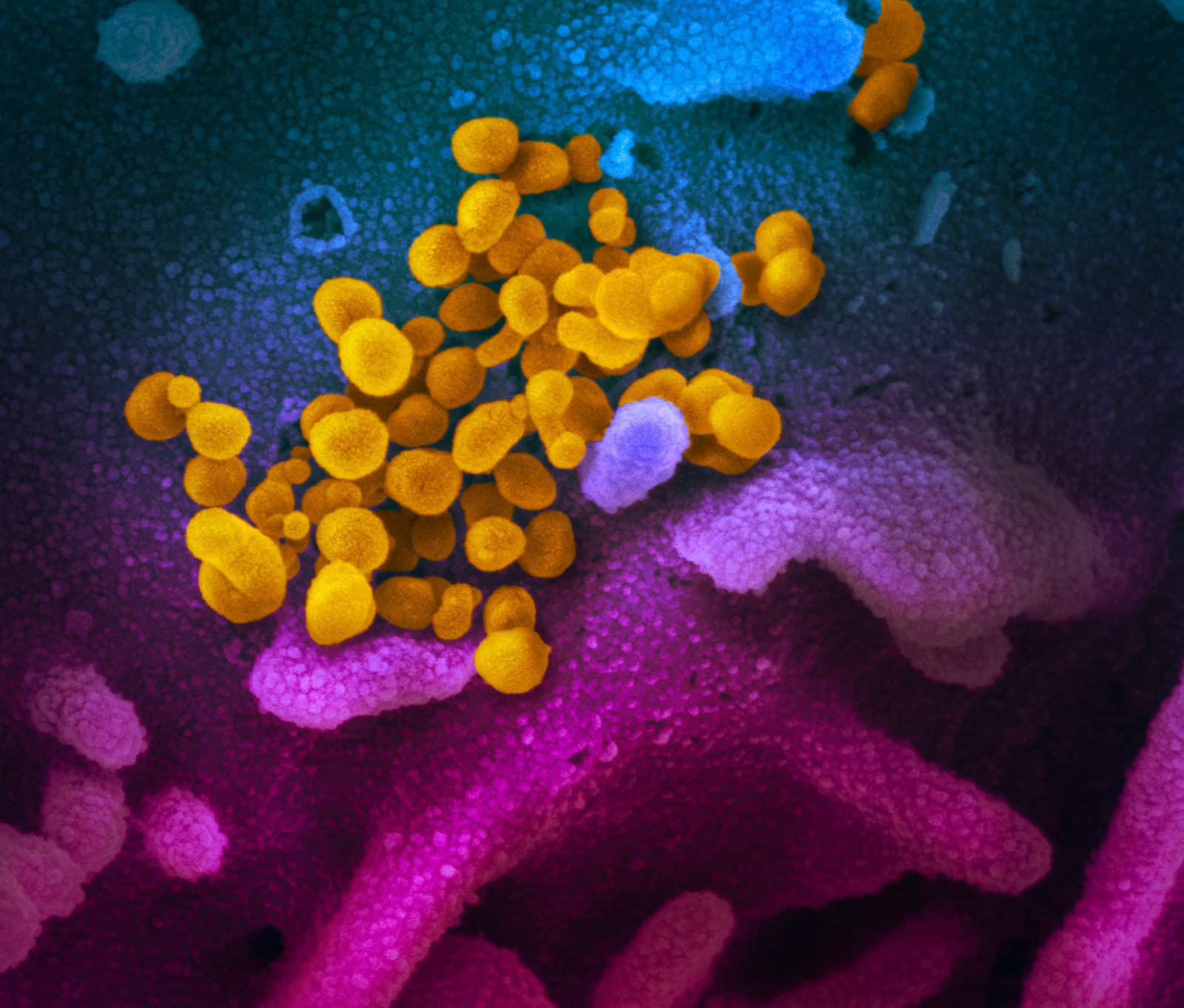Three months since the USDA announced the $16 billion CFAP program to direct COVID-19 aid to farmers and ranchers, $5.9 billion in payments have been made. Sign up for the program ends August 28. And Undersecretary of Agriculture Bill Northey stated that he expects all funds to be distributed by then. Lawmakers, interest groups, and Secretary Perdue have all stated additional funds will be needed.
| Date | Number of Payments | Total Payment Amount | Funds Remaining |
| July 13, 2020 | 409,423 | $5.9 billion | $10.1 billion |
On July 9, the USDA announced changes to the Coronavirus Food Assistance Program (CFAP). These changes were made in response to the 1,740 public comments submitted to the USDA’s May 14, 2020 public announcement establishing CFAP. In this announcement the USDA requested information from the public to evaluate whether additional commodities suffered losses that should result in eligibility for CFAP. As of the new release, the USDA has determined 42 new commodities experienced at least a 5% loss between January 15 and April 15, thus making them eligible for aid payments. Ranging from alfalfa sprouts to turnip tops greens, these new additions are all specialty crops. Most striking is the fact that out of the 1,740 public comments received, only half have been reviewed by the USDA. Meaning there could be more commodities eligible for aid. This expansion of CFAP eligibility comes at the same time agricultural special interests continue to claim promised assistance falls far short of their need.
CFAP Payments
| Claimed Losses | Projected Payments (May 14, 2020) | Current Payments
(July 13, 2020) |
|
| Cattle | $9.17 billion | $5.06 billion | $2.6 billion |
| Milk | $2.85 billion | $2.77 billion | $1.2 billion |
| Row Crops | $11.5 billion (corn, soy, cotton) | $3.5 billion | $1.5 billion (corn, soy, cotton) |
| Hogs | $5 billion | $1.6 billion | $375 million |
| Specialty Crops | $5 billion | $2.4 billion | $158 million |
| Ethanol | $10.5 billion | $0 | $0 |
Lawmakers and interest groups have cited shortcomings in USDA’s COVID-19 assistance program. Reps. Pingree (D-ME) and Fortenberry (R-NE) recently sent a letter to Secretary of Agriculture Perdue stating the USDA through CFAP rules has made the program inaccessible to those farmers that supply local food systems. Specialty crop organizations like the Northern Plains Potato Growers Association have expressed reservations with how the rules for CFAP were written. Lawmakers and commodities groups continue to call for agricultural assistance to be sent to owners of ethanol processing plants. Members of Congress sent a letter to Senate leadership regarding the need to assist the cotton industry. And the governor of Iowa is fighting hard for producers of eggs to be eligible for aid.
Lawmakers and the USDA are likely to respond to these interests by increasing the amount of aid available for agriculture. Northey stated that the USDA is waiting for direction from Congress’ next coronavirus supplemental to distribute the CCC’s $14 billion available from the CARES Act. The House included $16.5 billion in income subsidies in its most recent COVID-19 aid proposal, the HEROES Act, passed in the House on May 15 and directed USDA to send subsidies to ethanol producers and cotton manufacturers. Senate negotiations appear to provide a similar level of aid to the HEROES Act, according to Senator Hoeven (R-ND).
Agriculture, like the rest of the economy, is clearing suffering economic effects from COVID-19. USDA’s implementation of federal assistance falls short, particularly for specialty crops. Lawmakers must address the concentration of support for Big Ag and finally start supporting farmers and ranchers. But with federal subsidies on pace to reach $63 billion and as much as 50 percent of farm income, lawmakers need to reform the status quo safety net that leaves the ag sector vulnerable.
Congress must allow ag businesses to manage the risks of today and tomorrow. While supporting a temporary response to an unprecedented pandemic is necessary as long as it is targeted and accountable to taxpayers, history shows that getting rid of these ag payments is very difficult for the agricultural lobbyists that support them.














Get Social